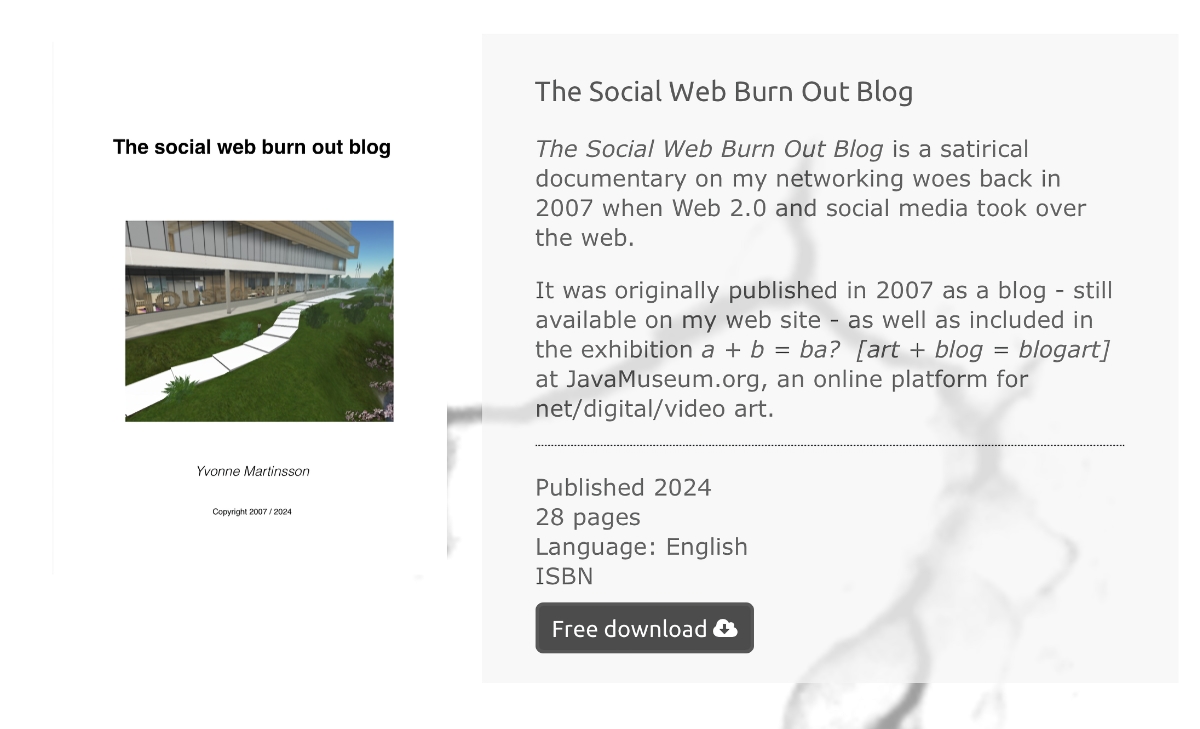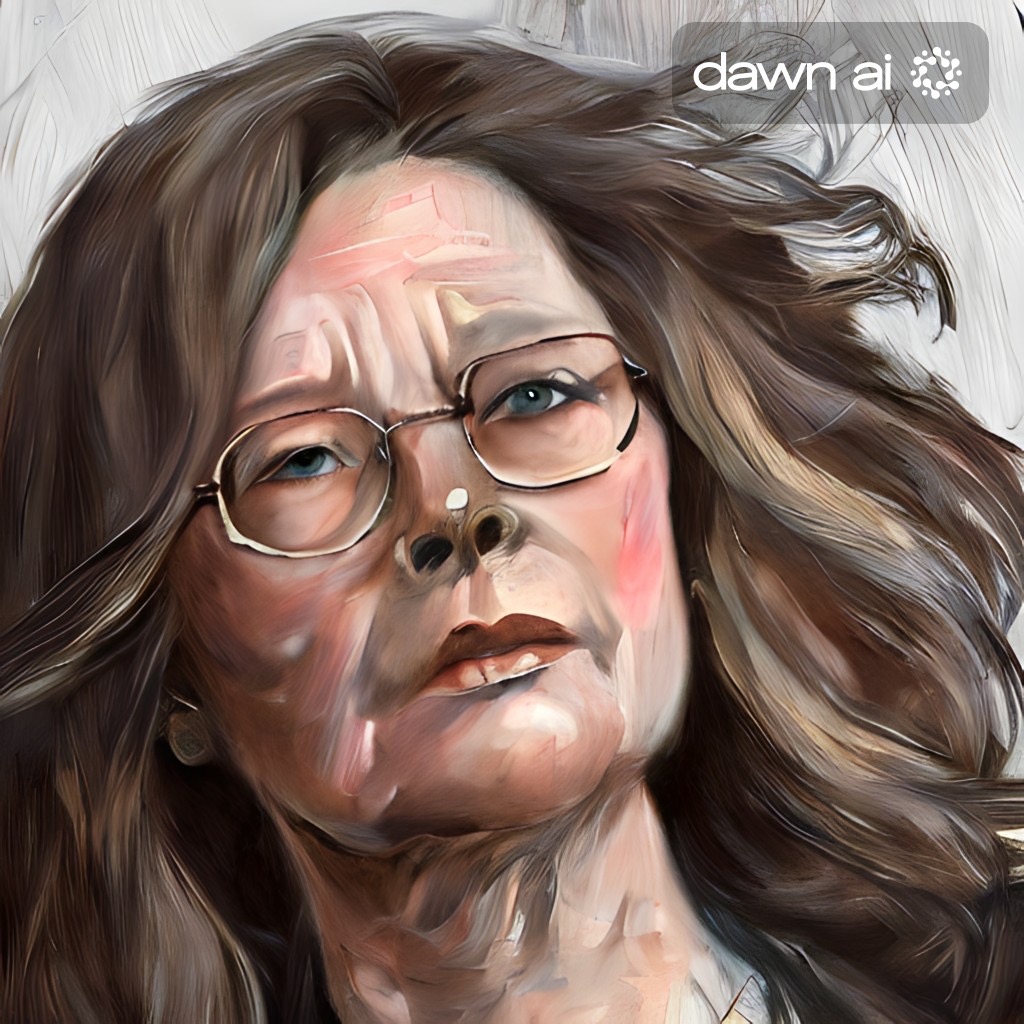Produser, I Prosume > 19/10/09
I recently bumped into the word ‘prosumer,’ a neologism for the internet user who is (supposedly) both a producer and a consumer. The prosumer is at once a consumer of internet content - for instance, in consuming videos at YouTube - and a producer of content - for instance, by uploading content to YouTube. Prosumers are no longer passive recipients of information but users who interact with data and social media. Still, they are users who produce user-generated content. Produsers, maybe, but still users.
Many see the prosumer as harking back to Barthes, the death of the author and the birth of the reader as a producer of texts rather than as the passive recipient of the voice of the master/the author. In Barthes, the text is the interface where we as readers interact with a given text which today translates into internet terms as user interface, interactivity and user-generated content. The great difference is of course that reading takes place on the inside, it’s invisible, user-generated content is visible and need not include reading. In fact, the internet obsession with immediacy and instantaneity may make the prosumer forget all about reading, reflection and interpretation to the benefit of instant action. As such, the prosumer is a gullible, naive produser and a sitting duck for product developers and theme designers, the real authors of the internet of which the user is a product.
Another difference is that there in Barthes is an ongoing engagement and wrestling with language and a desire to escape the doxa (ideology), both of which find their expression in his fragmentary writing. Form is in other words definitely part of the content of language in Barthes. On the internet, language is not just a question of ‘natural’ language but of the programming language and the way its implemented at the interface, and we need to engage and wrestle with that language, or else we are produsers, not (co-)producers of the text.
The prosumer as produser, then, is a user and a product of theme designers and product developers. True, it is a new kind of consumer - a consumer with the right to customize interfaces and to share content - but still a consumer. The author(ing tool) is elsewhere.
Last edited: 2021-01-01 tagged: digital culture filed under: the new screen

